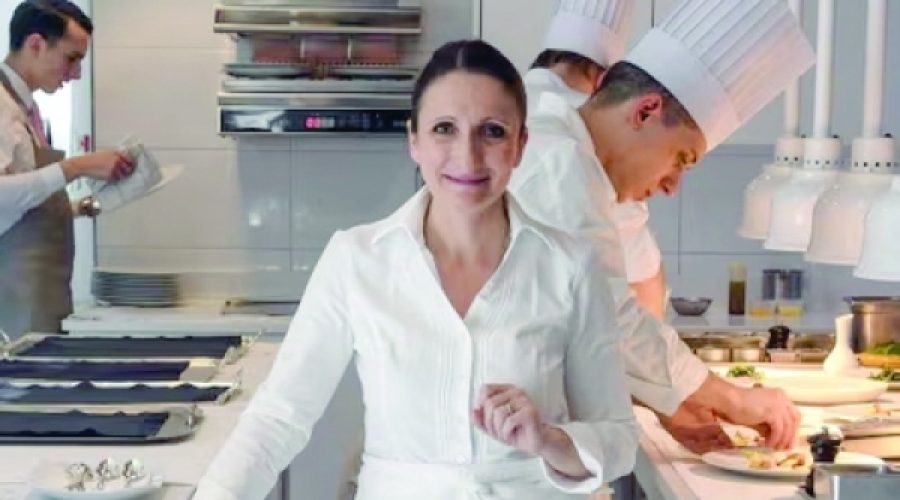Michelin-Star Chef Designs Space Cuisine: What It Means for Food Innovation and Investment Opportunities in Oman
When French astronaut Sophie Adenot boards the International Space Station (ISS) in 2026, she will enjoy a selection of French culinary classics, including lobster bisque, foie gras, and onion soup, all specially prepared by celebrated chef Anne-Sophie Pic, who holds an impressive 10 Michelin stars.
The menu will also feature parsnip and haddock velouté, chicken with tonka beans and creamy polenta, and a chocolate cream with hazelnut cazette flower, as confirmed by the European Space Agency (ESA) on Wednesday.
Food sent to the ISS must adhere to stringent guidelines: it cannot be crumbly or excessively heavy and must have a shelf life of two years. Fresh produce is only available when a new spacecraft arrives from Earth, meaning most space meals are either canned, vacuum-packed, or freeze-dried from a limited selection provided by space agencies.
As a special touch, each crew member receives a custom-prepared meal according to their personal preferences once every ten meals. Adenot stated, "During a mission, sharing our respective dishes is a way of inviting crewmates to learn more about our culture. It’s a very powerful bonding experience."
Chef Anne-Sophie Pic described developing the menu as an "exhilarating challenge," which includes four starters, two main courses, and two desserts. Adenot, a 42-year-old former helicopter test pilot, is set to embark on her inaugural tour of the ISS in 2026.
In related news, a pair of NASA astronauts returned to Earth in March after being unexpectedly stranded on the ISS for over nine months due to issues with Boeing’s Starliner spacecraft.
Special Analysis by Omanet | Navigate Oman’s Market
The upcoming arrival of French astronaut Sophie Adenot at the ISS highlights the importance of culinary innovation and cultural exchange in high-stakes environments. For businesses in Oman, this represents an opportunity to explore niche food markets and develop high-quality, long-lasting food products that could cater to both terrestrial and space experiences. Smart investors should consider investing in food technology and sustainable agriculture sectors, as the demand for specialized food preparations—particularly those that transcend global market boundaries—will likely grow in tandem with advancements in space exploration.



